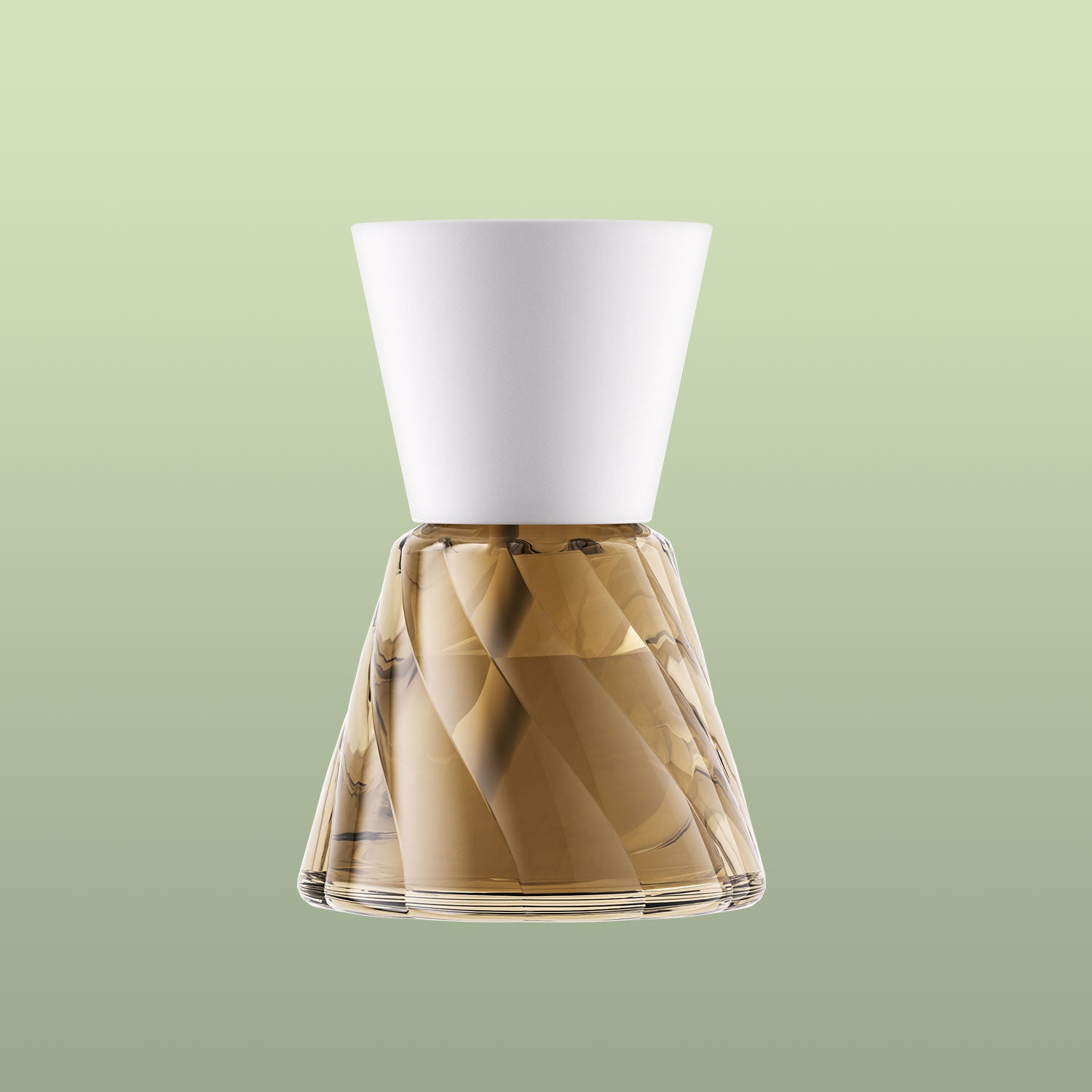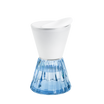-
The benefits of vitamin D include helping the body absorb calcium and phosphorous to maintain healthy bones and a strong immune system.
-
Low vitamin D levels have been associated with a greater risk of depression, cancer, and COVID-19.
-
Sunlight, food, and supplements are the three main ways you can get enough vitamin D in your diet.
When most people think vitamin D they think of bone health, but this vitamin does a lot more and it may even help the body fight off upper respiratory infections, like COVID-19.
Why vitamin D helps build strong bones
Vitamin D is a fat-soluble vitamin, meaning it's stored in fat tissue in the body. One of its main functions is that it enables the digestive tract to absorb calcium and phosphorus from food, which helps keep bones strong.
In fact, without vitamin D, experts estimate that you'd only absorb about 10-15% of calcium and 60% of phosphorus from the foods you eat. Without enough calcium, your body produces what are called osteoclasts, which are cells that literally dissolve the minerals in your bones, making them weak and brittle.
This helps explain why people who are vitamin D deficient are at greater risk for osteoporosis, a condition that leads to weak bones.
How vitamin D and depression are linked
Vitamin D deficiency is associated with an increased risk of depression. Moreover, people with seasonal affective disorder may not produce enough vitamin D, which could explain their symptoms.
However, these associations and links do not mean that enough vitamin D can help treat depression. More research is needed to understand if vitamin D deficiency is the cause or if there's another reason for the association between it and depression.
How to get enough vitamin D
People get some of their vitamin D from sunlight because the body synthesizes the vitamin when UV light hits the skin. Manson says that while UV exposure is important to get vitamin D, she discourages people from going in the sun for a long period with unprotected skin because it can lead to sunburn and an increased risk of skin cancer.
There are not many foods that are naturally rich in vitamin D. Fatty fish like salmon and tuna are some of the best naturally occurring sources of vitamin D. One serving of cod liver oil provides 170% of the daily value of the vitamin. In the US, cow milk, plant milk, cereals, and some other foods are typically fortified with vitamin D. It has been added to milk since the 1930s to prevent rickets, a bone disease in children caused by vitamin D deficiency.
By Shaena Montanari
This article was medically reviewed by Samantha Cassetty, MS, RD, nutrition and wellness expert with a private practice based in New York City.





















Leave a comment
All comments are moderated before being published.
This site is protected by reCAPTCHA and the Google Privacy Policy and Terms of Service apply.